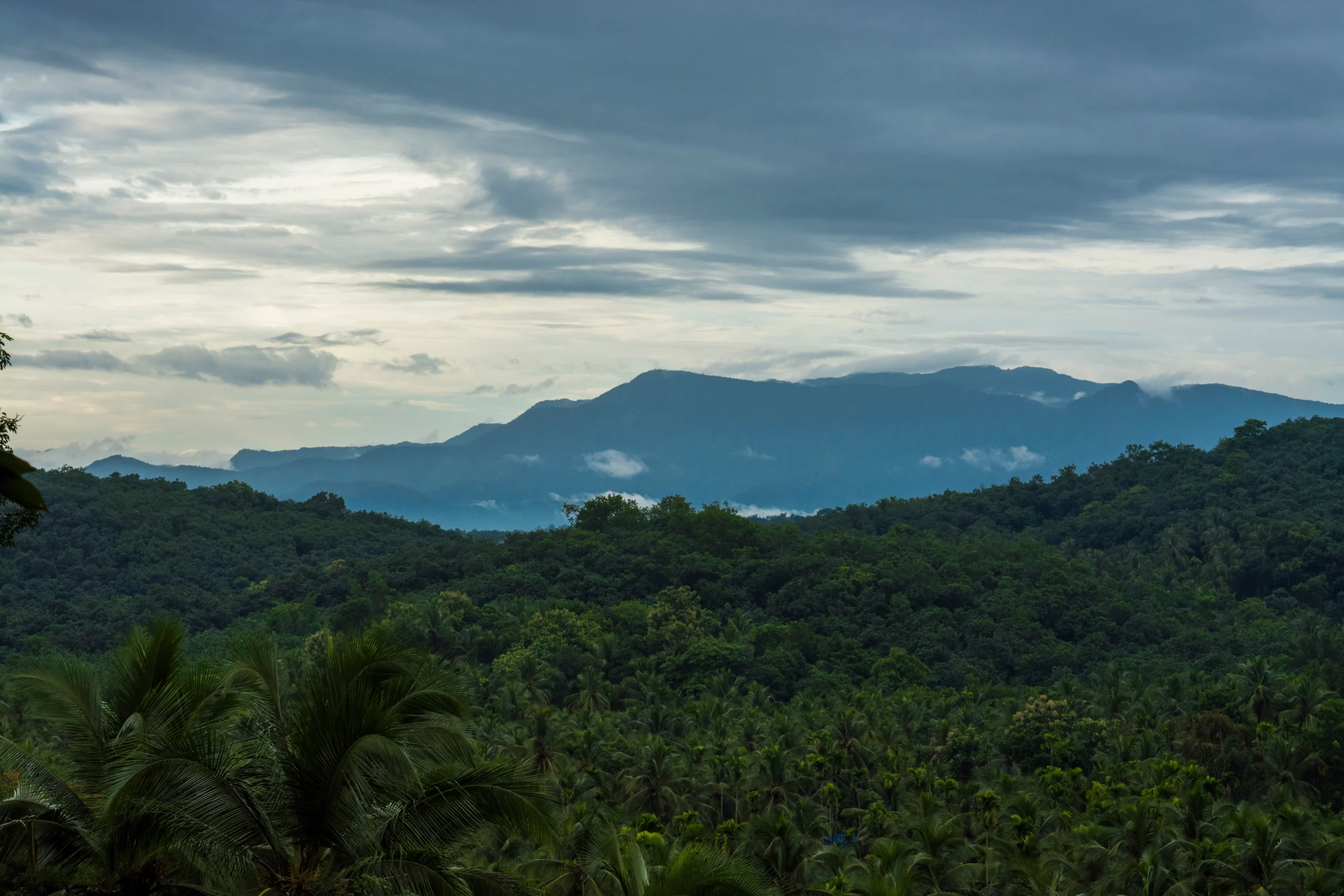Violent protests over job quotas shake Bangladesh
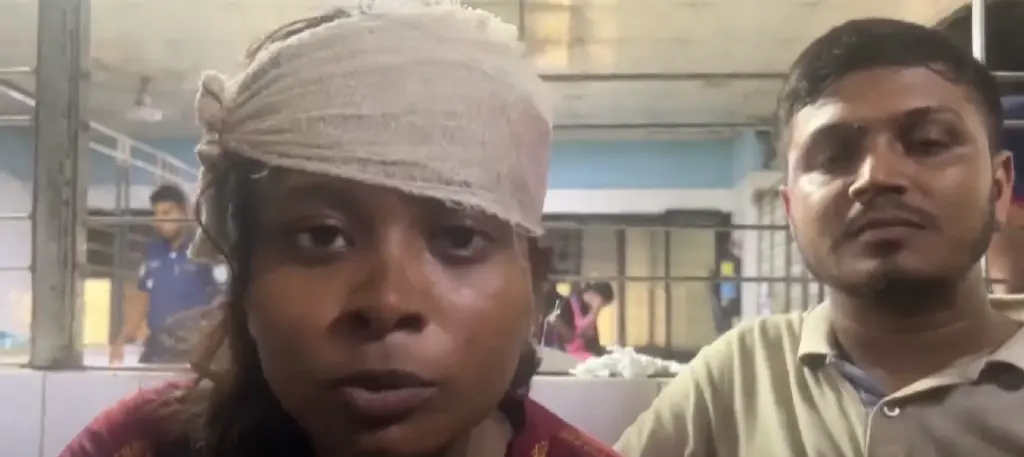
Schools and Universities Closed in Bangladesh Amid Deadly Job Quota Protests
Schools and universities across Bangladesh have been shut down indefinitely following the deaths of six people in protests over government job quotas.
University students have been rallying for days against a system that reserves public sector jobs for the children of war heroes, women, ethnic minorities, and the disabled. Specifically, a third of these jobs are reserved for the children of those who fought for Bangladesh’s independence from Pakistan in 1971. The students argue that the system is unfair and want job recruitment to be based on merit.
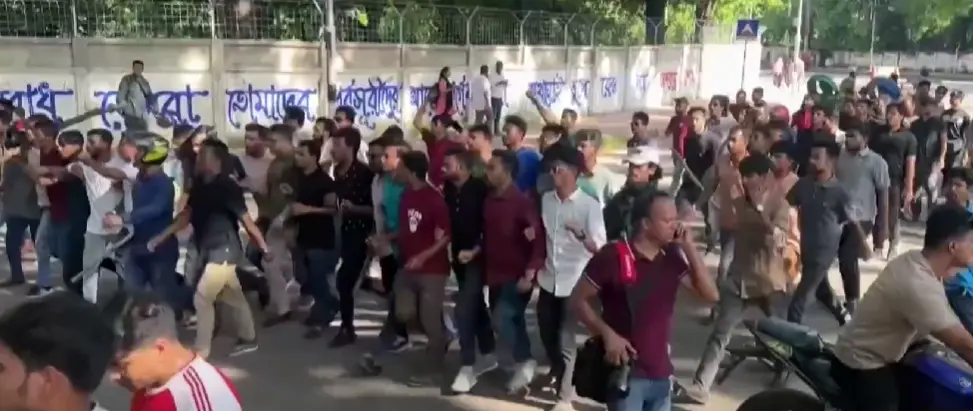
Clashes have erupted in several cities, including the capital Dhaka, between supporters and opponents of the anti-quota movement, particularly involving the student wing of the ruling Awami League, known as the Bangladesh Chhatra League (BCL). Both sides have been using bricks and sticks, while police have resorted to tear gas and rubber bullets to disperse the crowds. 100 hundreds of people have reportedly been injured.
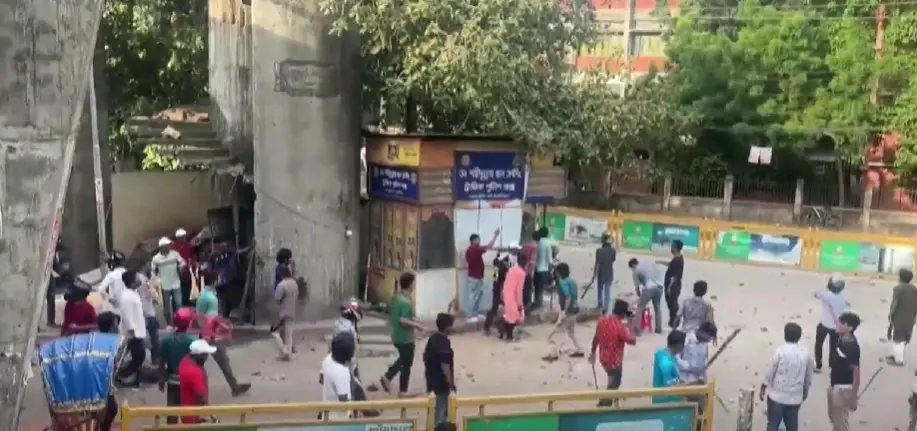
Abdullah Salehin Ayoun, a coordinator for the anti-quota movement, blamed the BCL for the violence, claiming that the police failed to protect ordinary students. Government jobs are highly sought after in Bangladesh due to their good pay, with over half of these positions reserved for specific groups.

Critics argue that the quota system unfairly benefits children of pro-government groups supporting Prime Minister Sheikh Hasina, who won her fourth consecutive election in January. Although the government abolished the quota system in 2018 after protests, a court reinstated it in early June, sparking the latest unrest.
Officials reported that three people were killed in Chittagong, two in Dhaka, and one in Rangpur. Media reports suggest at least three of the deceased were students, though official confirmation is pending.
The government has accused opposition groups of instigating the violence. Law Minister Anisul Huq claimed that members of opposition parties, Jamaat-e-Islami and the Bangladesh Nationalist Party (BNP), infiltrated the anti-quota movement and initiated the unrest.
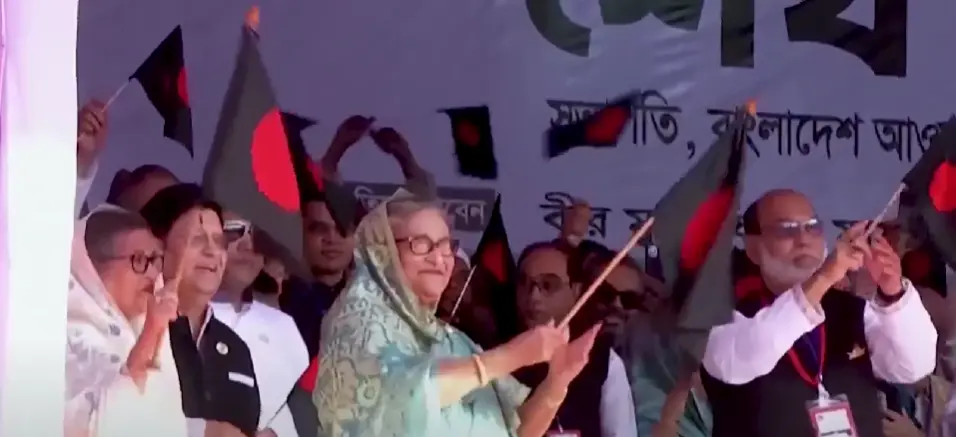
Despite the Supreme Court’s recent suspension of the quota system, protests are expected to continue until it is permanently removed. The court is set to hear the case on August 7, providing students a chance to present their arguments.
In response to the violence, police raided BNP headquarters in Dhaka. Senior BNP leader Ruhul Kabir Rizvi criticized the raid, describing it as a tactic to intimidate students into ending their protests.
Students have been blocking roads and highways in Dhaka and other major cities, causing significant traffic disruptions. They are particularly angered by comments from Prime Minister Hasina, who they claim compared them to “razakars” (collaborators with the Pakistani army during the 1971 war), a comparison they believe has emboldened BCL members to attack them.
Government ministers, however, argue that Hasina’s comments were misinterpreted and deny that the Awami League’s student wing incited the violence. State Minister for Information and Broadcasting Mohammad Ali Arafat said that the unrest began after anti-quota students intimidated residents in a Dhaka hall, and that the government seeks to maintain peace on university campuses.
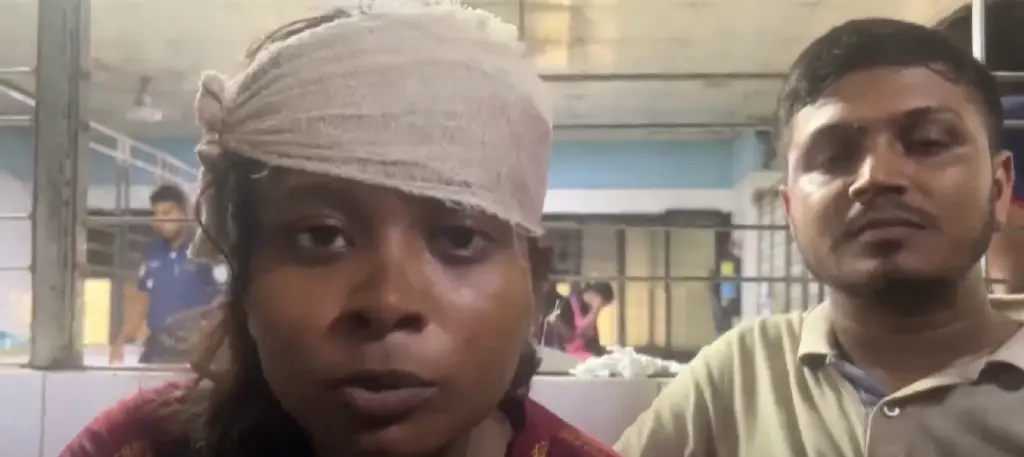
UN Secretary General António Guterres has urged the government to protect demonstrators from violence, according to his spokesman Stephane Dujarric.
In response, the government has bolstered security by deploying Border Guards Bangladesh in five major cities, including Dhaka and Chittagong.



